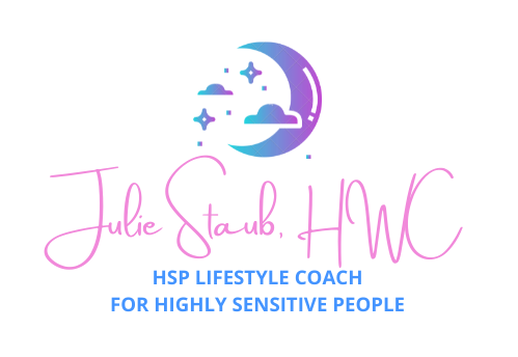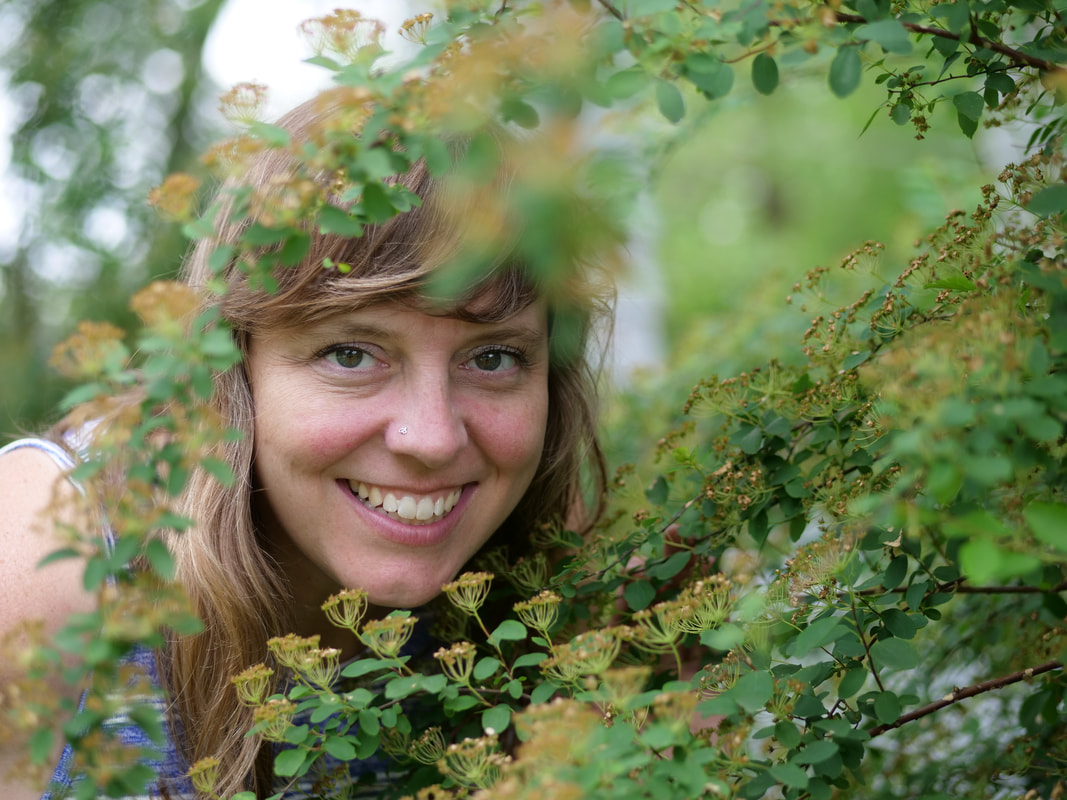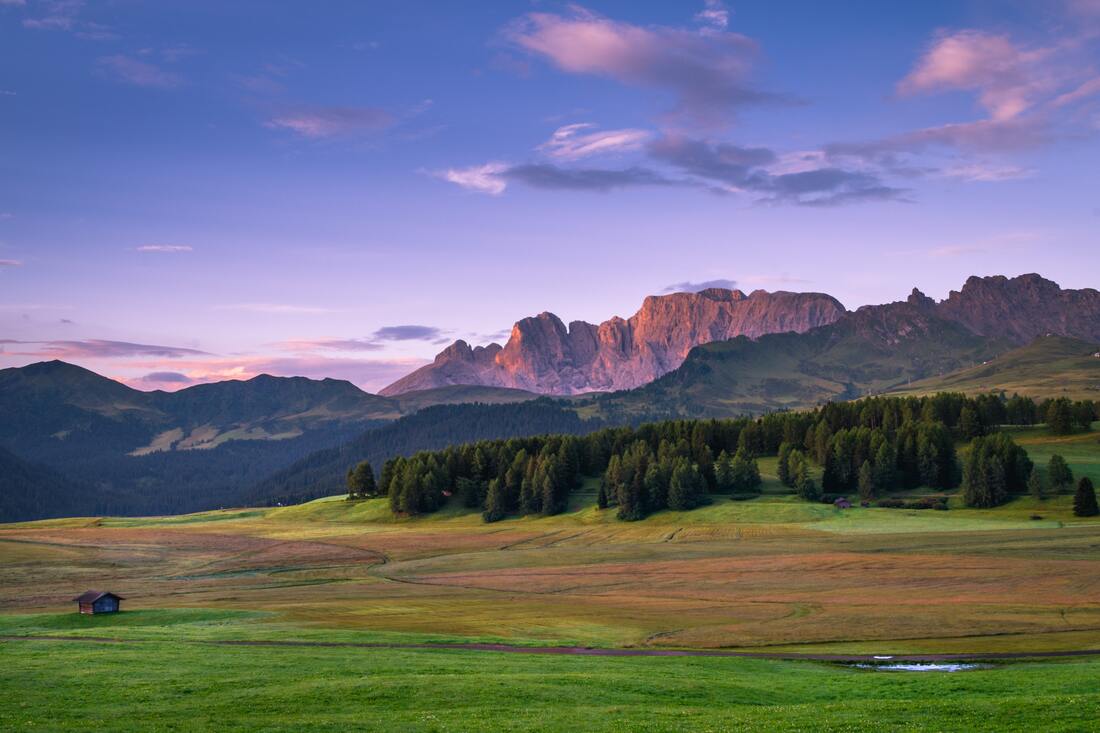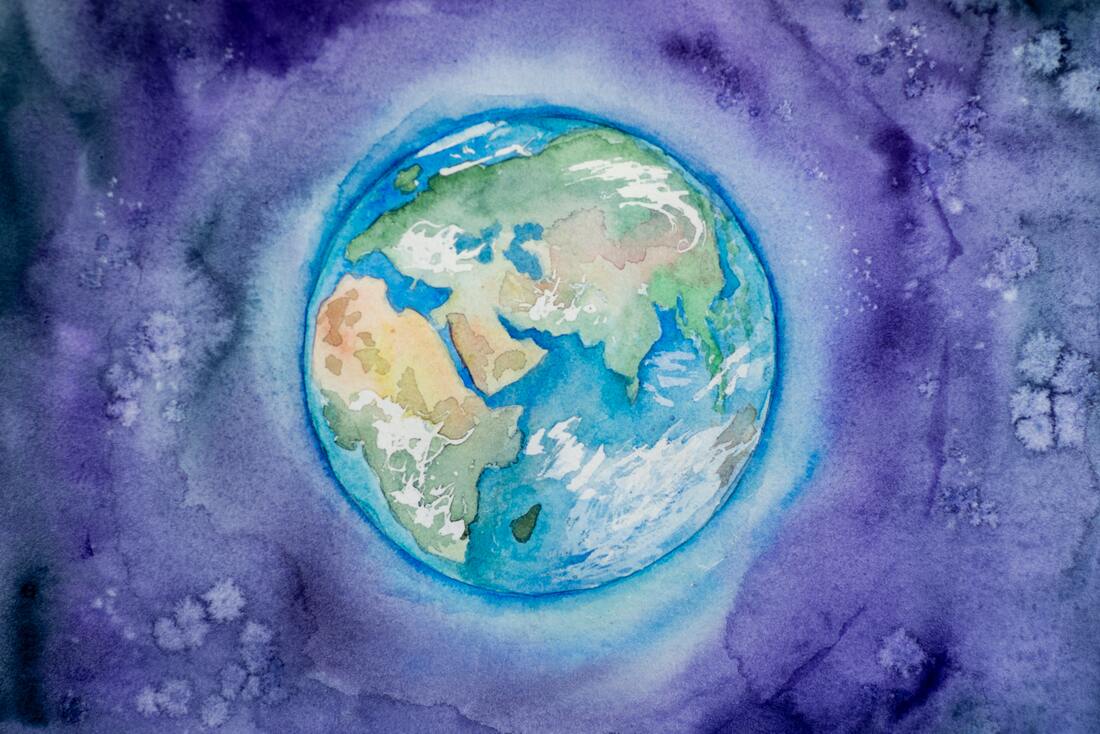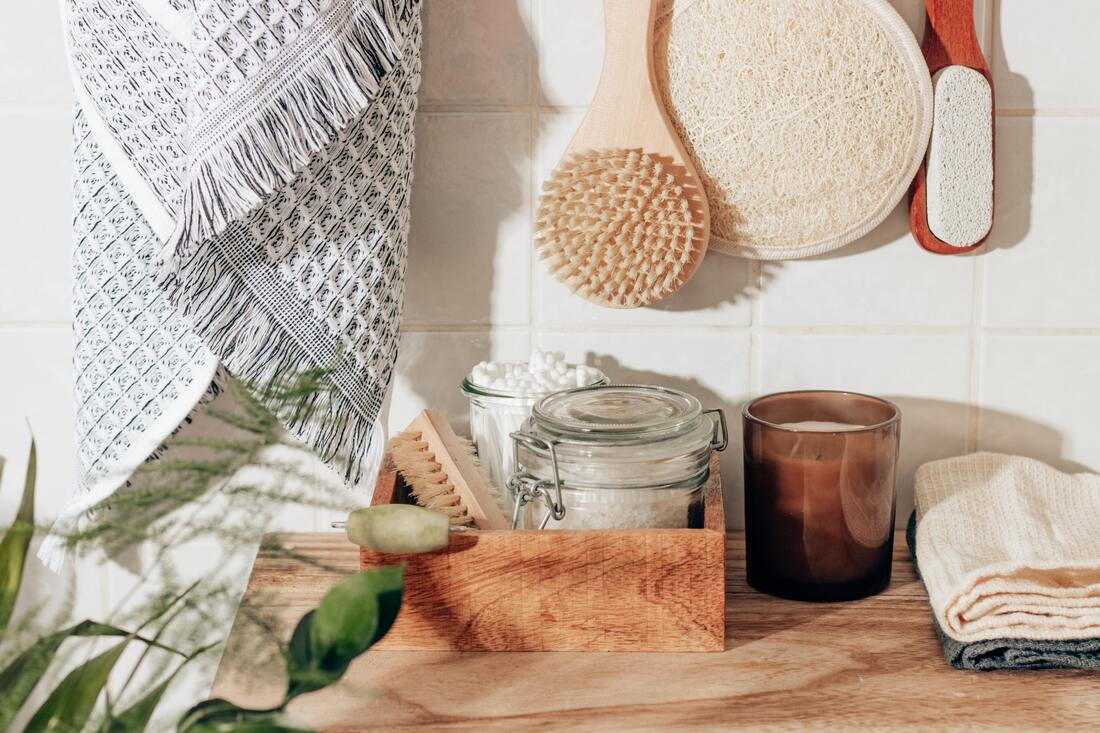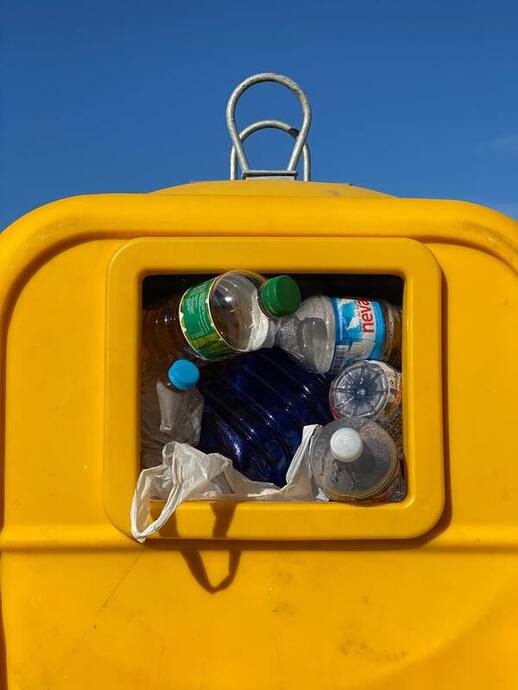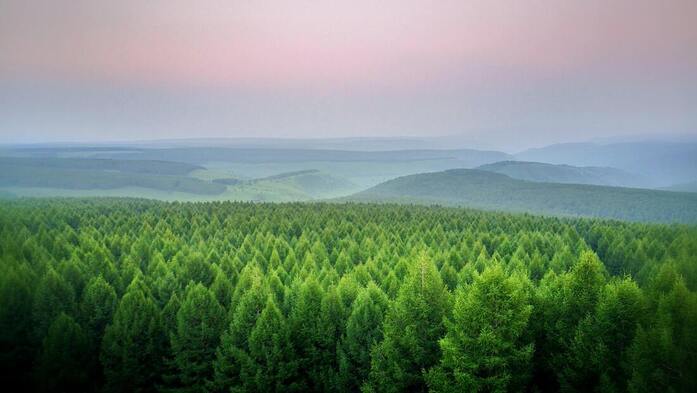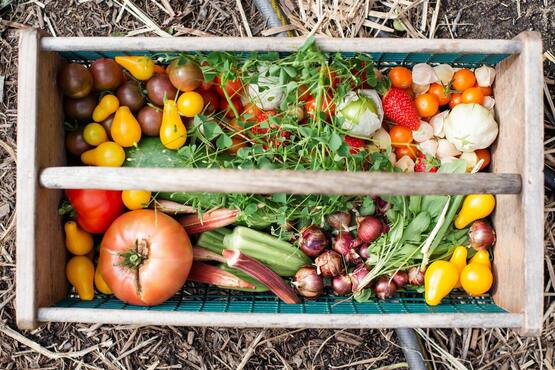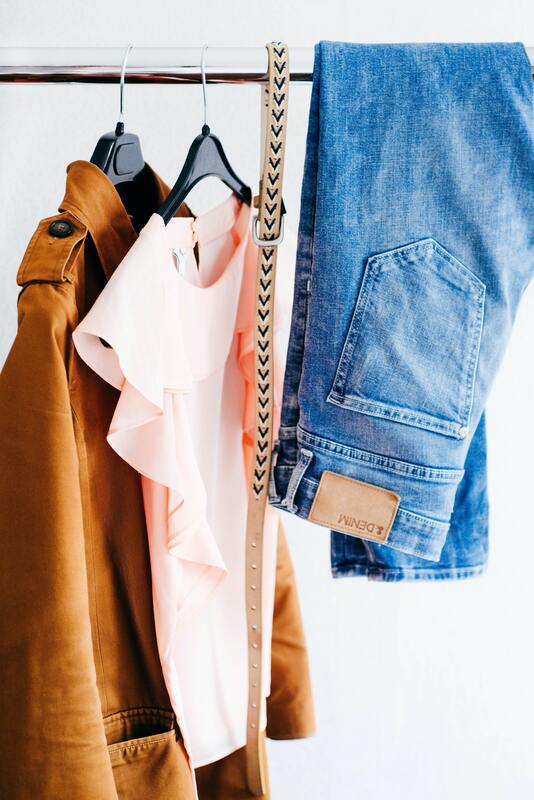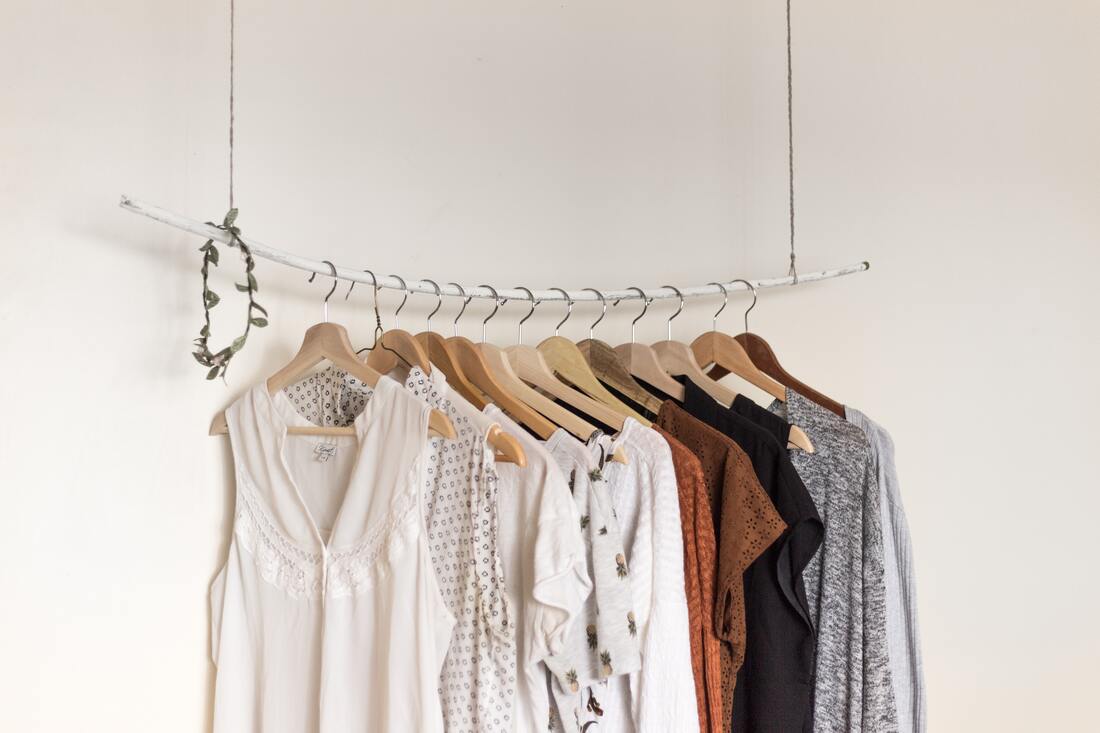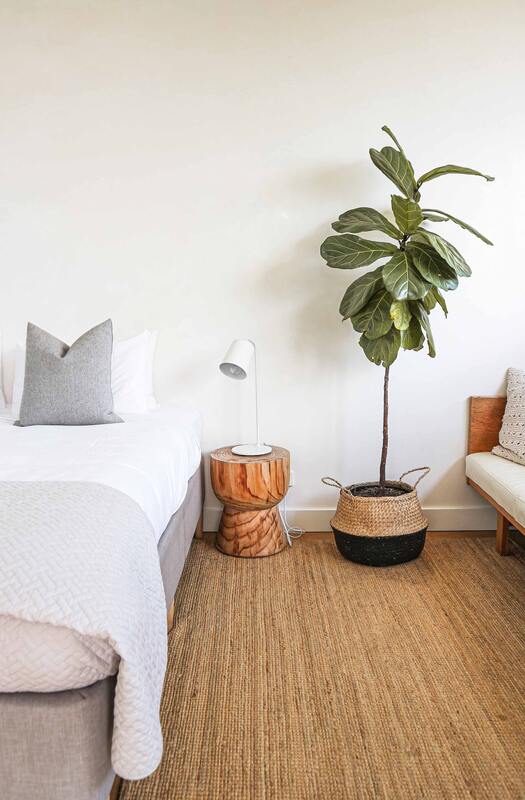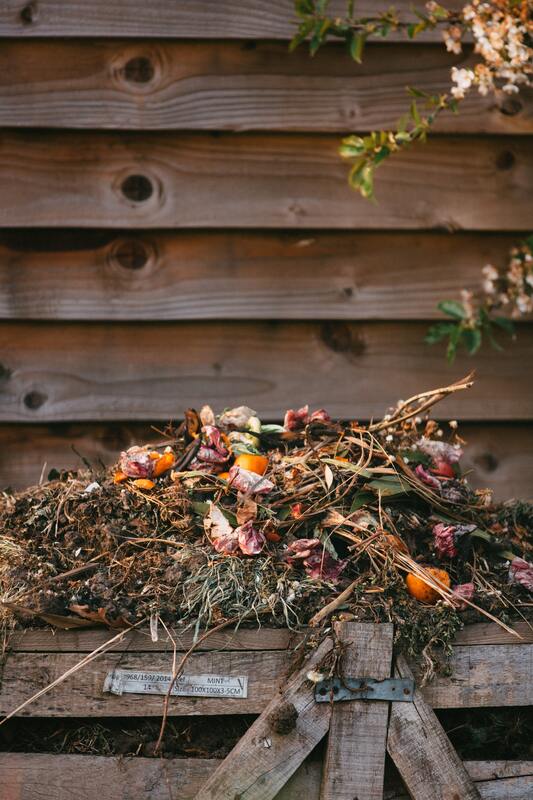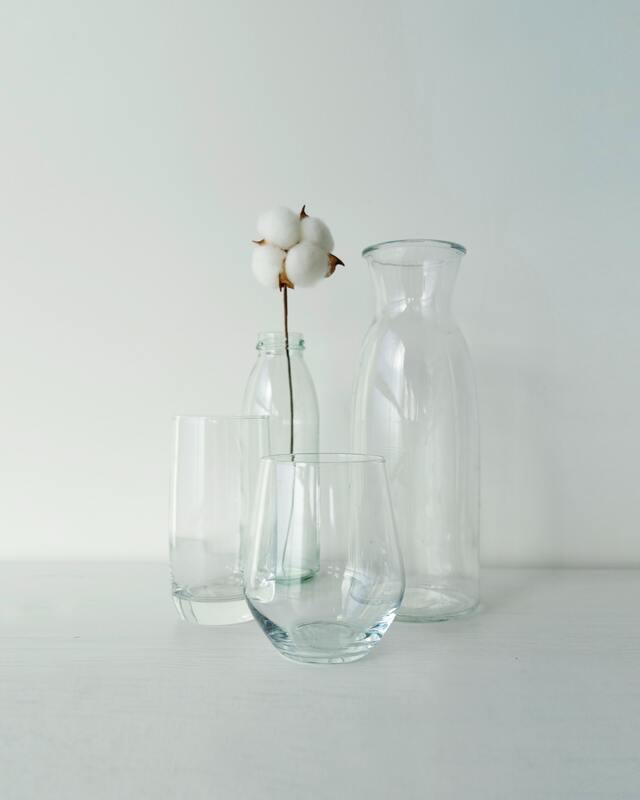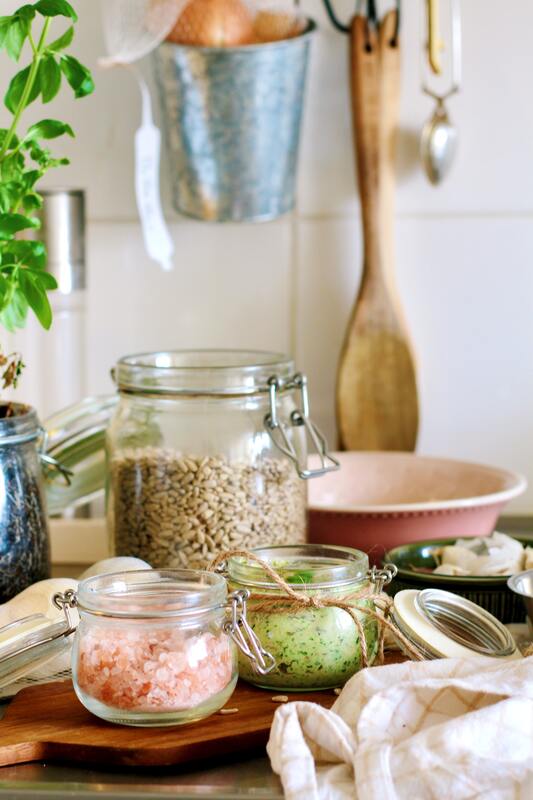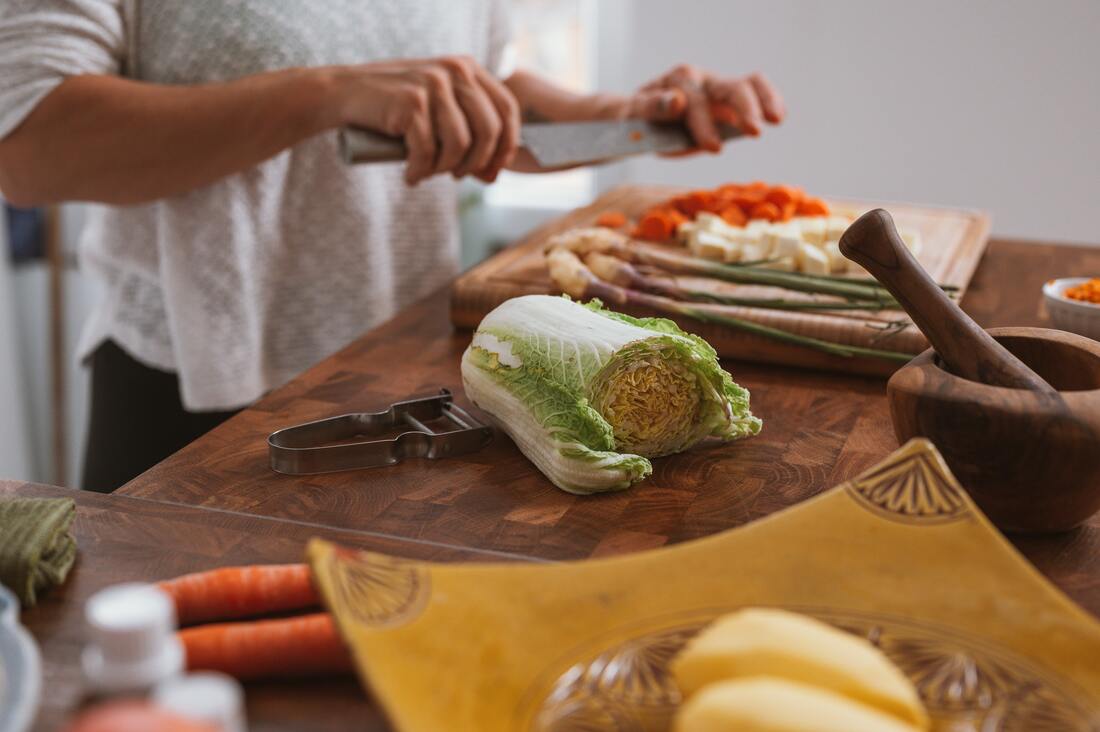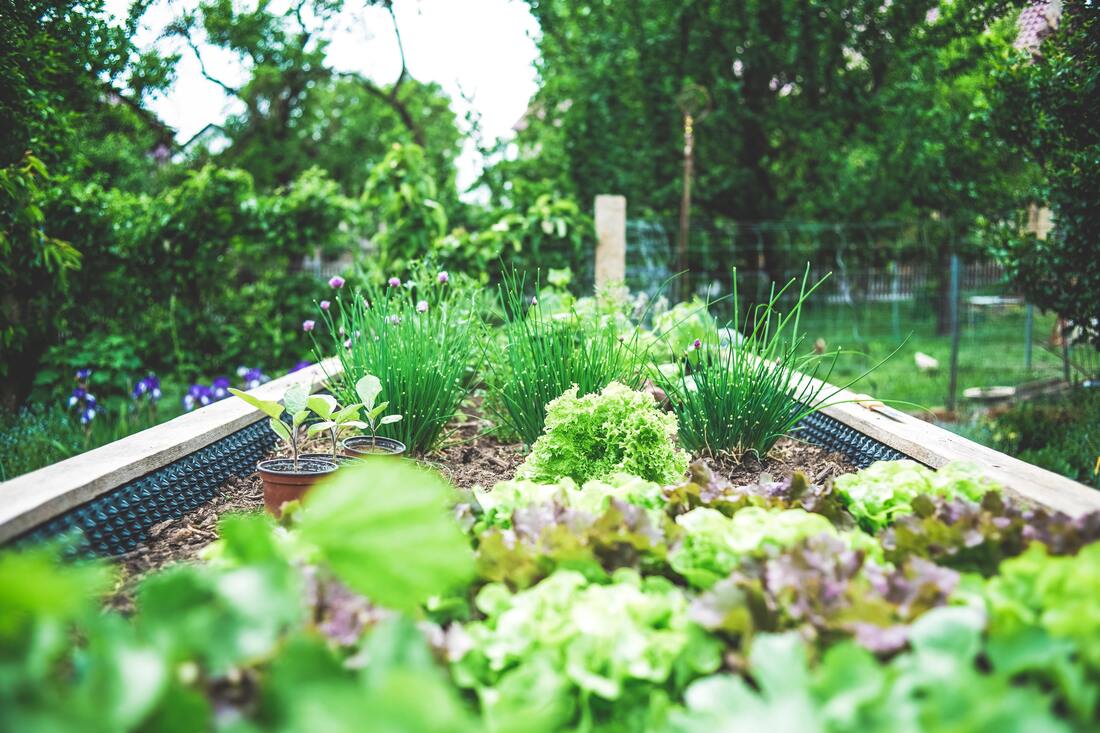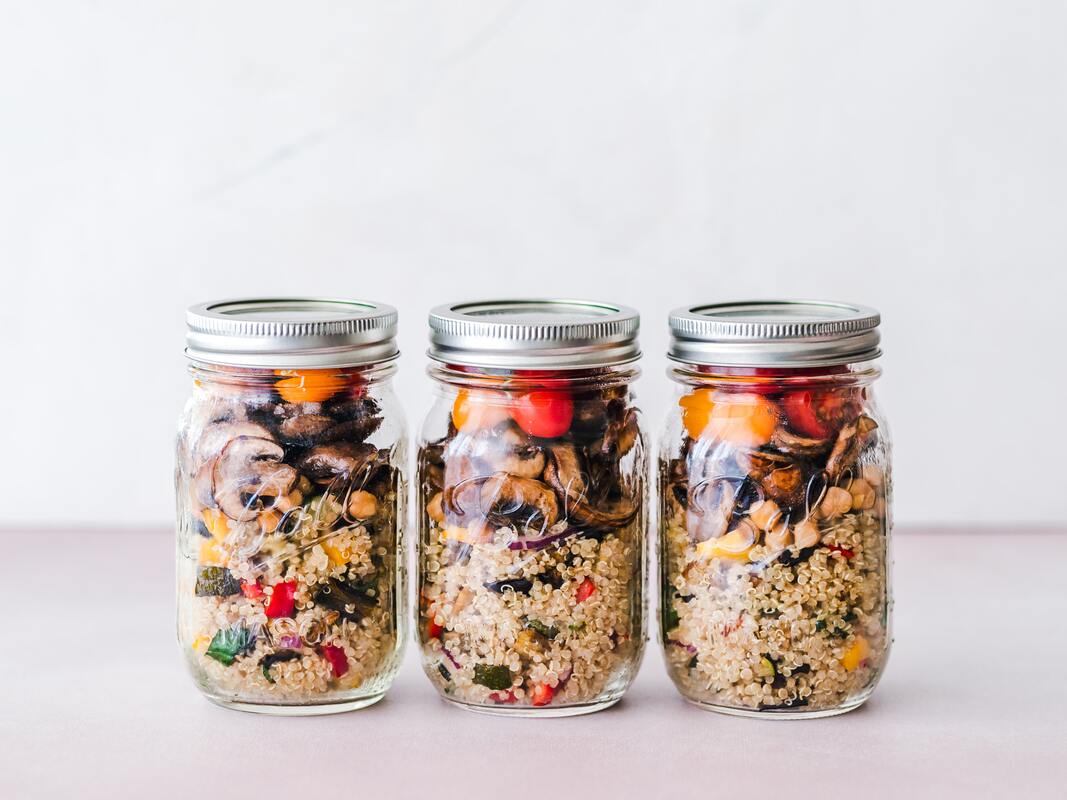When we honor the earth we honor ourselves. - L.M Wilde
For starters, I want to point out that going green, being eco-friendly, or creating a sustainable lifestyle is a process and a journey.
No one is going to get it right 100% of the time, so don't put that expectation on yourself. This is a unique personal journey for everyone.
Respect and honor everyones personal journey with love and compassion. Being angry at others for not doing their part will not heal our planet. We need more compassion, love and acceptance in the world when it comes to change. Deep down, most of us want to do the right thing, but not all of us have the capacity to make changes. And that's ok. We all have a different window of tolerance.
Please watch the following TedTalk for reference:
No one is going to get it right 100% of the time, so don't put that expectation on yourself. This is a unique personal journey for everyone.
Respect and honor everyones personal journey with love and compassion. Being angry at others for not doing their part will not heal our planet. We need more compassion, love and acceptance in the world when it comes to change. Deep down, most of us want to do the right thing, but not all of us have the capacity to make changes. And that's ok. We all have a different window of tolerance.
Please watch the following TedTalk for reference:
What if by understanding ourselves and one another, we could find our way through this crisis in a new and different way? |
|
Below you will find an ever evolving list of my personal strategies I have embraced as I work towards living a more green, sustainable lifestyle.
For me personally, I do what I can, but I do not attempt to do it all. I think it's important to drop the all-or-nothing approach, and do what you can and are most drawn to doing. Doing something is better than doing nothing. And if you can only do one thing...
SEND LOVE TO MOTHER EARTH
Here is one thing ANYONE can do. Send loving kindness to mother earth. Visualize a healing planet and peace on earth. Imagine a world you want to see.
|
PRAYER TO MOTHER EARTH
We return thanks to our mother, the earth, which sustains us. We return thanks to the rivers and streams, which supply us with water. We return thanks to all herbs, which furnish medicines for the cure of our diseases. We return thanks to the corn, and to her sisters, the beans and squash, which give us life. We return thanks to the bushes and trees, which provide us with fruit. We return thanks to the wind, which, moving the air, has banished diseases. We return thanks to the moon and the stars, which have given us their light when the sun was gone. We return thanks to our grandfather He-no, who has given to us his rain. We return thanks to the sun, that he has looked upon the earth with a beneficent eye. Lastly, we return thanks to the Great Spirit. in whom is embodied all goodness. and who directs all things, for the good of his children. — An Iroquois Prayer in Powerful Prayers for Everyday Living by Mark Linden O'Meara |
PHASE OUT PAPER PRODUCTS
USE THIS INSTEAD
|
|
REDUCE PLASTIC USE
I hate everything about plastic. I avoid using it whenever I can, but it's nearly impossible to avoid all together. Being more self-aware about plastic and how often we come into contact with it, is a good place to start.
|
BUY ORGANIC FOOD
If it wasn't for Trader Joe's, I wouldn't be able to afford quality organic produce all year long. I typically shop my local farmer's market May-October, but during the rest of the year, I am buying everything organic at Trader Joe's because it's affordable compared to my local food co-op.
The downside is, most of their produce is still wrapped in plastic. But I have seen Trader Joe's use more eco-friendly produce holders that use compostable trays versus plastic or styrofoam. It's a step in the right direction. Shop your local health food store for pantry staples in the bulk aisle and bring your own containers to stock up on your basics like spices, grains, beans, nuts and seeds. |
VET BODY CARE PRODUCTS
& COSMETICS Our skin is the largest organ on the body so it's important to know what we put on our skin, and what we use on our body. This includes:
Vet your products and look for more natural and organic alternatives when possible. I have learned this this can be a very overwhelming process for HSPs. |
|
UPCYCLE + REUSE
Notice that I did not use the word, RECYCLE.
Unfortunately, the bulk of what we try to recycle, does not actually get recycled. This is why it's better to reduce our dependance on those items we consider recyclable. Something to be mindful of when we shop for anything. I upcycle and reuse the glass I purchase. My drinking glasses consist of old pickle jars. My reusable glass food storage containers are made up of old pasta sauce jars, coconut oil jars or nut butter jars. |
|
STOP BUYING FAST FASHION
Fast fashion is the biggest contributor to microplastics. Instead, you can:
|
|
BUY SECOND HAND
I love a good garage sale or hunting for furniture on Facebook Marketplace or my local second hand furniture store. For starters, most modern furniture is so cheaply made. I grew up with parents who collected antique furniture so I always had an appreciation for quality crafted furniture that was built to last.
I also sell what I no longer use or need on Facebook Marketplace or at a garage sale. You can also donate your still usable items to a local organization in your community or gift the item to a friend to reduce waste in landfills. |
|
USE ALL-NATURAL CLEANING PRODUCTS
As a highly sensitive person, I cannot stand walking down the cleaning aisle in any big box store. I have an immediate reaction to synthetic chemicals invading my nose and will often feel nauseous if I am around those chemical perfumes for any amount of time.
I use a very basic cleaning toolkit:
|
INVEST IN YOUR REST: ORGANIC BEDS + BEDDING
When I was shopping for a new bed, it had to be chemical-free. The average person spends a third of their life in bed, but HSPs spend even more time in bed because we need more rest! And chemicals in our beds and bedding not only impacts our health long-term, but can impact our sleep quality!
Two non-toxic bed brands I trust:
I also use organic cotton, bamboo or linen sheets and blankets as well as pillows made with natural and organic materials. |
|
COMPOST YOUR FOOD SCRAPS
I keep a container in my freezer to collect food scraps and when full deposit in our backyard compost pile or city provided compost bin that is then composted by the city. Be sure to do your research when composting with the intent to reuse in your garden.
Items to exclude from your compost pile:
Surprising things you can compost:
Credit: 8 Items You Should Never Put in Your Compost Bin // Rita Pelczar |
|
STORE FOOD IN GLASS
Over the years, I have ditched the Tupperware and stocked up on the Pyrex. Plastic food containers are not made to be run through the dishwasher and used over and over again regardless of what the manufacturer says. Plastic containers will eventually start to fragment and break down and those tiny particles will start to leech into your foods.
Microplastics are a huge problem because they are toxins to all living creatures. Any kind of movement away from our plastic dependance is a step in the right direction. To avoid microplastics, you will want to move away from plastic containers or plastic bags for food storage as well as using plastic bags to freeze food or sauces. I primarily use glass containers and reuse food jars to store food in the freezer. MAKE YOUR FOOD FROM SCRATCH
Home cooking is the only way will you know for certain what is in the food you eat. When you have a lot of food sensitivities and intolerances like me, you find ways to enjoy the creative process of cooking at home.
It's also not a perfect process, but when you start to see how you feel when eating your own home cooked or prepared meals, you will be motivated to keep up with it. I find an endless supply of inspiration from foodies on YouTube, TikTok and cookbooks I have picked up over the years! Have fun! Get creative! Plan ahead, prepare and simplify the foods you eat. Keep it simple and sustainable. |
STOP DRINKING WATER
FROM PLASTIC
|
EXTRA CREDIT: AMBITIOUS PROJECTS
|
Julie Staub, Holistic Wellness Coach | Terms of Use | Disclaimer | Privacy Policy | Copyright © 2022
